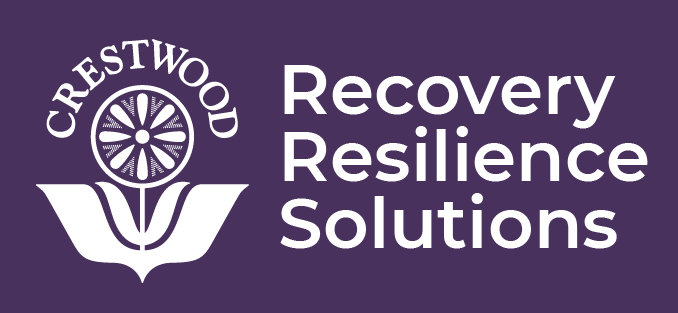[CalMHSA approved Justice Involved Certification training specialization], 40 hours
Recovery, Resilience & Reintegration is a CalMHSA Certified Medi-Cal Peer Support Specialist (CMPSS) approved Specialization training for Justice Involved Peers. This dynamic 40-hour, skill-based, and wholly interactive course will provide participants with an understanding of how to provide person-centered support to individuals with justice involvement experiences. Participants will apply advanced skills in various peer support service scenarios, understand how to work with and within the justice system, identify the best support for individuals at each step in the Sequential Intercept Model (SIM), explore guidelines for individual, professional, and system advocacy, apply ethical standards when providing support, understand the importance of individualized support using the Risk-Needs Responsibility Model, and practice a trauma-informed approach.
Learning Objectives
- Practice and demonstrate peer support competencies to provide support to people with justice involvement experiences.
- Demonstrate skills and practices for being a credible role model of recovery
- Explain recovery and resilience from a justice-involved perspective
- Practice empowering interactions and person-first language
- Apply the skills required to build relationships and mutuality.
- Describe the judicial system and how to navigate the flow of people as they move through the justice system.
- Explain the function of the Sequential Intercept Model (SIM)
- Examine the role of Peer Support within each Intercept
- Describe mental health considerations from legal and non-legal purviews
- Explain the purpose of various Collaborative Court structures
- Discuss policing and court systems on Native American lands
- Identify and categorize resources available to individuals with justice involvement experiences.
- Use individual, professional, and systems advocacy within the justice system.
- Explain the purpose of role-modeling advocacy
- List major individual rights and responsibilities
- Practice, promote, and teach self-advocacy skills
- Identify progress made and reforms needed in the justice system
- Apply cultural humility to support marginalized groups in the justice system.
- Practice cultural humility through empathic listening and perspective-taking
- Describe the effects of discrimination, structural racism, and stigma in the justice system
- Demonstrate peer support with marginalized groups
- Recognize the value of culture-matching
- Describe key features of individualized trauma-informed support for people with justice involvement experiences.
- Describe the relationship between childhood trauma, mental health and substance use conditions, and justice-involvement
- Describe how peer support can support people with criminogenic needs
- Explain the Risk-Needs-Response Model
- Discover ways peer support can use resilience to heal from trauma
- List ways to reduce secondary trauma
- Explain the relationship between substance use, mental health, and justice-involvement
- List the major concerns regarding substance use and reentry
- Explain how a person might use recovery capital in their recovery
- Describe ways to reduce stigma and shame associated with substance use
- Demonstrate how to support someone who may be in the pre-contemplative stage and after return to use
- List the models used to describe substance use conditions, harm reduction, and treatment
- Reframe common questions about people’s motivation to recover
- Explore the foundation of peer support ethics with the 12 Principles of Psychosocial Rehabilitation (PSR)
- Describe the impact of employment on mutuality
- Understand the difference between compassion fatigue and burnout
- Describe ways to prevent compassion fatigue and burnout through empowerment
- Demonstrate how to use at least three Wellness at Work tools
- Explain the two types of role shifting and whiplash
- Develop a written plan for personal self-care practices
